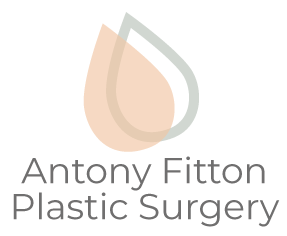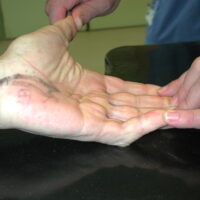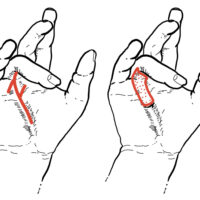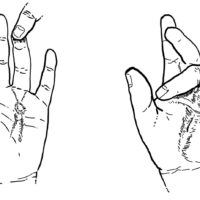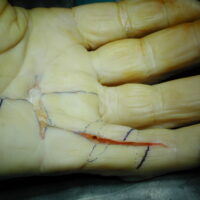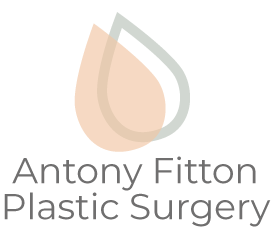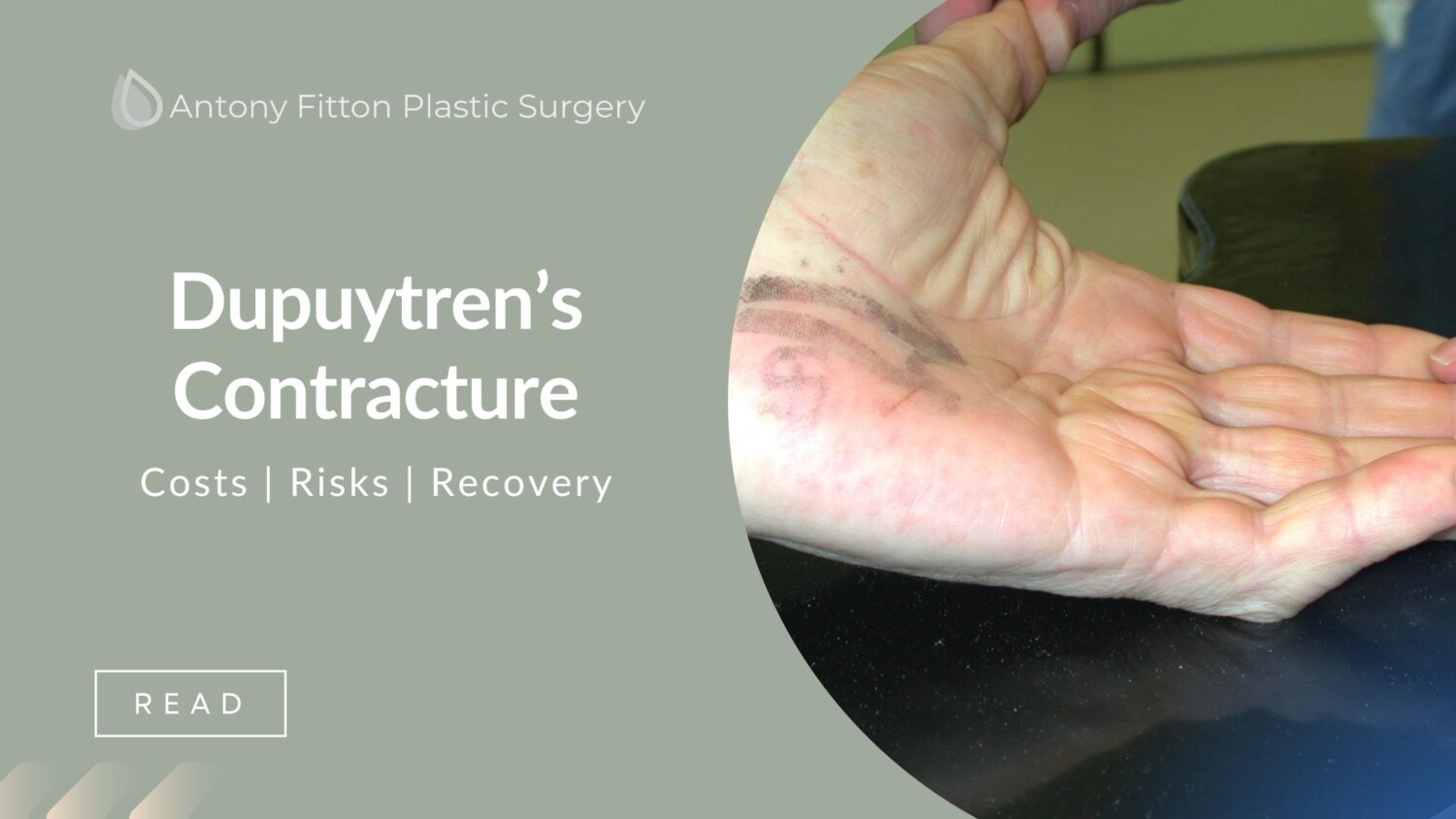
Dupuytren’s Contracture | Cost | Risks | Recovery
Dupuytren’s Contracture is a hand deformity that usually develops over several years. The condition affects a layer of tissue that lies under the skin of your palm. Knots of tissue form under the skin — eventually creating a thick cord that can pull one or more fingers into a bent position.
Dupuytren’s Contracture is believed to be hereditary. The exact cause is not known. It may be linked to cigarette smoking, alcoholism, diabetes, nutritional deficiencies, or medicines used to treat seizures.
Why treat Dupuytren’s Contracture?
If left untreated, Dupuytren’s Contracture can be debilitating. As the condition progresses, it can limit your ability to open your hand fully, grasp small objects, or insert your hands in narrow spaces.
Over time your hand will develop hard chord-like formations that pull on your ring or little fingers, pulling them into a stuck position. If this goes untreated, it can make simple tasks involving your hand very difficult. It also makes getting treatment in the future harder and increases the chances of requiring surgery. It is important to catch Dupuytren’s Contracture early to increase your treatment options.
If Dupuytren’s Contracture goes untreated, it can make simple tasks involving your hand very difficult. It is important to catch Dupuytren’s Contracture early to increase your treatment options.
How is Dupuytren’s diagnosed?
The symptoms of Dupuytren’s Contracture are unique and quite visible. The hand deformity develops over several years. It’s not dangerous, although it can be rather awkward and inconvenient. The finger bending is a result of collagen building up in the hand with no way to properly break it down. This excess collagen forms into hard bumps or chords that pull on the fingers, leaving them stuck in a bent position.
Although there is currently no cure for Dupuytren’s Contracture, there are several effective treatment options available.
Is Dupuytren’s Contracture treatable?
Yes. Treatment is indicated when you can no longer place the hand flat on a table. The mainstay of treatment has, so far, involved surgical removal of the affected palmer fascia (limited Fasciectomy).
This operation can be performed either under a general anaesthetic or by paralysing your arm with a local anaesthetic injection in the armpit.
The goal of Dupuytren’s Contracture surgery is to reduce the contracture and improve motion in the affected fingers.
In some cases, a skin graft will be needed to help the wound heal. You may also have to wear a splint during your recovery.
How much does Dupuytren’s Contracture treatment cost?
The investment for Dupuytren’s Contracture treatment starts at £3,220. This includes your surgeon, the procedure and aftercare.
Actual costs vary depending on your procedure and the provider hospital you choose to have your surgery with.
When can I work after treatment for Dupuytren’s Contracture?
Once your dressing has been removed, you will likely be given exercises to aid your recovery. By two weeks post surgery you should be able to use your hand for most normal day to day tasks.
How soon you can return to work depends on your job. If you can do your job without using the hand, you may be able to go back in 1 to 2 weeks. But if your job requires you to do repeated finger movements, put pressure on your hand, or lift things, you may need to take 6 to 12 weeks off work.
You are able to drive as soon as pain allows and you are safe to control the vehicle. It is very important not to overuse your hand following surgery, as this may delay your healing.
What are the risks of Dupuytren’s Contracture surgery?
The most common risks are:
- Infections
- Bleeding and haematoma.
- Injury to one or both of the digital nerves or arteries at the time of surgery leading to reduced sensation in the finger.
- Complex Regional Pain Syndrome (5%).
- Delayed wound healing.
- Injury to nerves and tendons
- Finger amputation (in extreme cases)
Dupuytren’s contracture can recur after surgery especially in those with a strong family history, when the condition starts at a young age or when there is similar thickening of the fascia of the sole of the foot.
Summary
Like any other type of major surgery, the treatment for Dupuytren’s Contracture poses a risk of bleeding or infection. There’s also a risk of having a reaction to the anesthesia. Managing your expectations about plastic surgery is important regardless of which procedure you wish to have done.
Before you go ahead, be sure about your reasons for wanting treatment. Bear in mind the cost, the risks, and the fact the results cannot be guaranteed.
It’s critical to have realistic expectations about plastic surgery, and also to ensure you are on the same page as your surgeon
To find out more about having a treatment, book your no obligation consultation. You will meet with Antony Fitton and receive expert advice tailored to your needs.
Please call us on 07494 250277 or book your consultation using our online form.
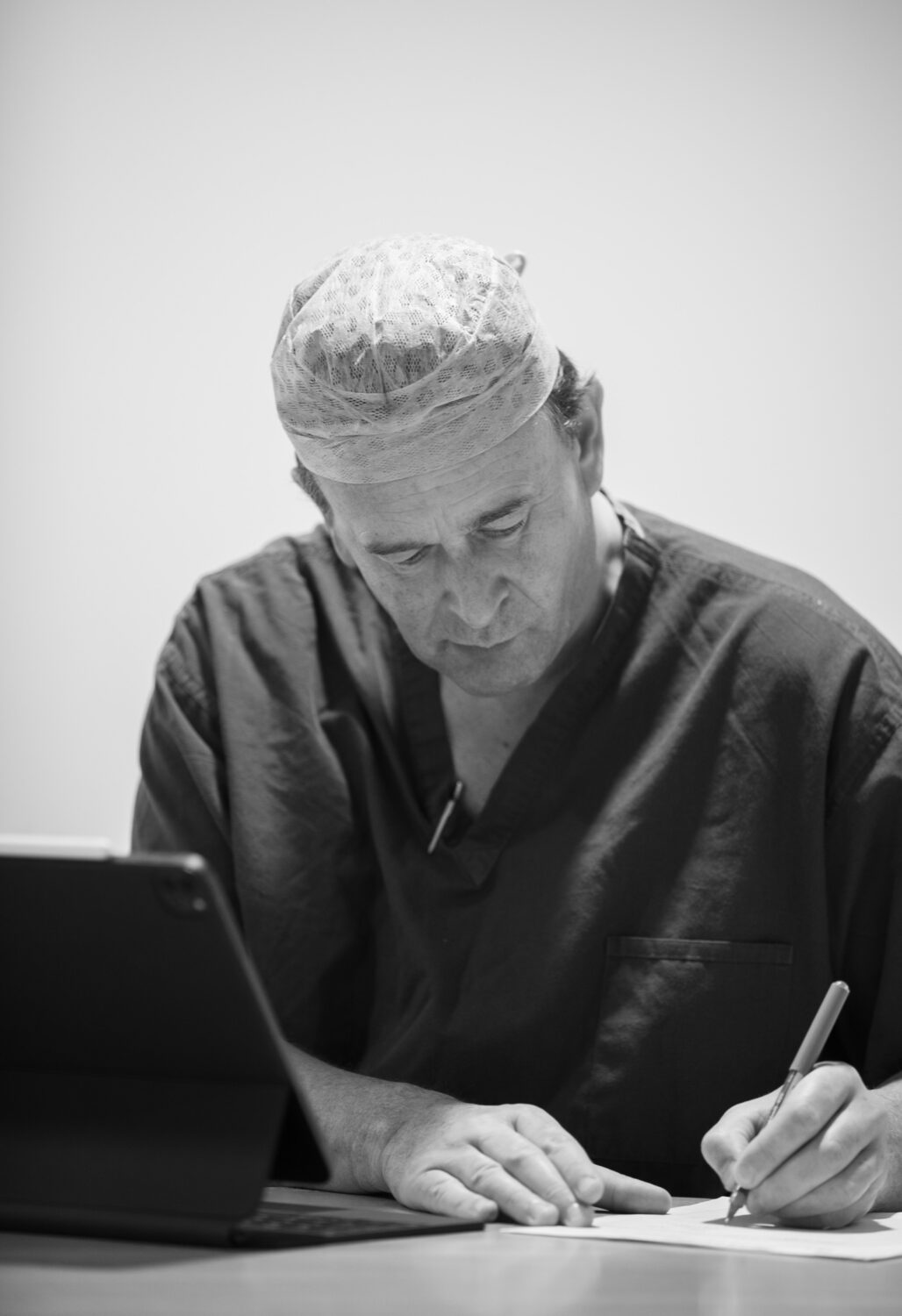
About your Plastic Surgeon: Mr Antony Fitton
MB, BS(hons)., MD., FRCS(eng)., FRCS(plast).
Mr Antony R Fitton qualified at the Royal London Hospital in 1989 with distinction in Surgery. He holds a MB, BS(hons)., MD., FRCS(eng). and FRCS(plast). (Fellowship at the Royal College of Surgeons).
He is a member of BAPRAS (British Association for Plastic, Reconstructive and Aesthetic Surgeons), BAAPS (British Association for Aesthetic Plastic Surgeons), BSSH (British Society for Surgery of the Hand).
Mr Fitton has received the Paton & Masser Award and the CM Matthews Award from the Royal College of Surgeons of England or his research in nerve injury.
Mr Fitton is licensed as Plastic and Reconstructive Surgeon by the GMC.
Life-changing result
"I just wanted to thank you (and your team) for the life-changing result of my top surgery. This will provide me with the freedom that I’m excited to enjoy, including being able to go swimming and actually staying cool in summer! All jokes aside, you have helped to mark a new chapter in my life, for which I am incredibly grateful… ALL the best."
Our appearance has an impact on how others perceive us. We are experts in creating an improved version of you. Click on a procedure below for more information.
Body surgery (or contouring) can involve all or one of the following, with prime focus on areas such as the buttocks, tummy, thighs, arms, and breasts. Click on the links below for more information.
There are several different types of hand surgery but all aim to restore functionality while making the hand look as normal as possible. Click on the links below for more information.
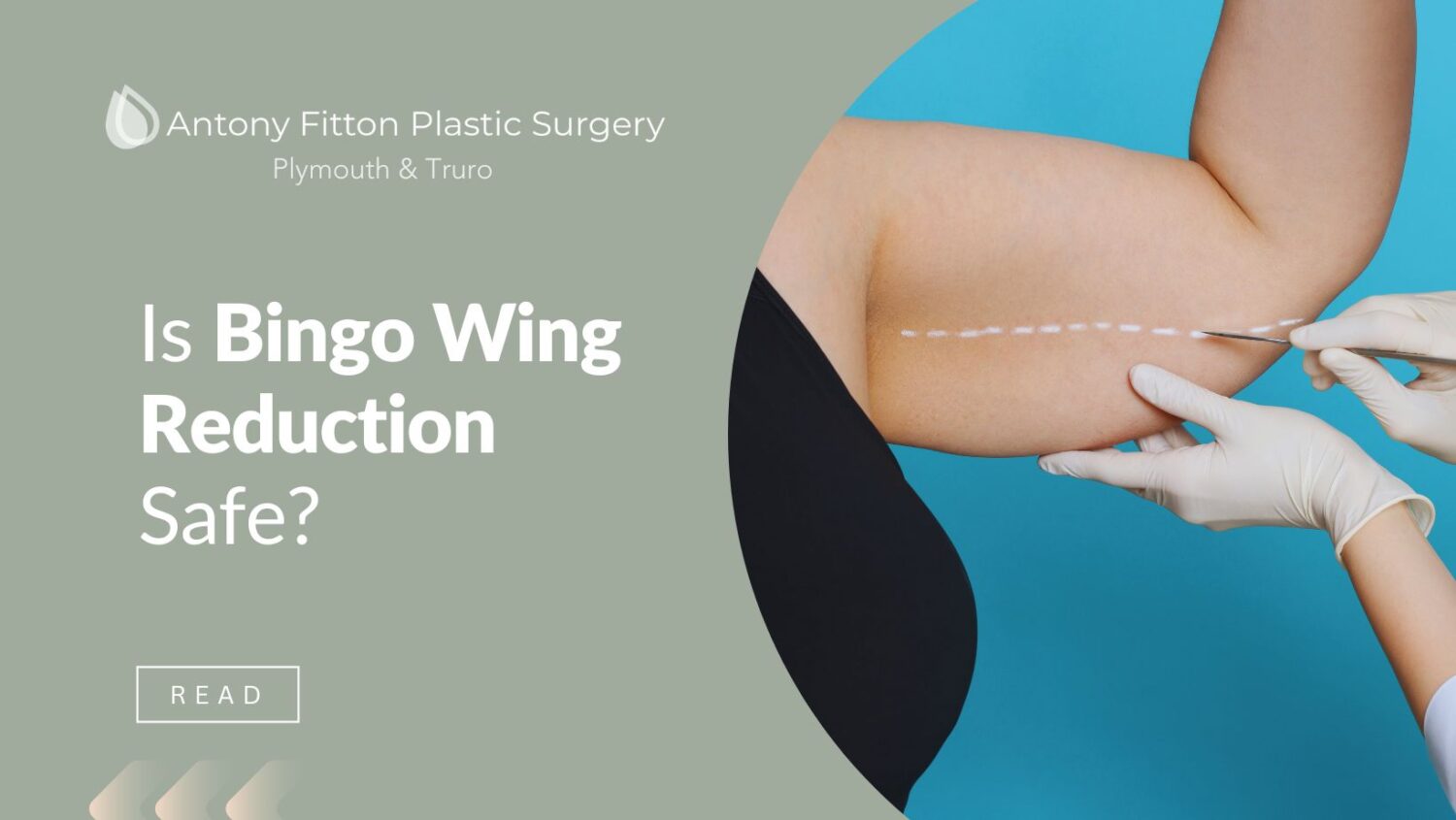
Is Bingo Wing Reduction Safe? Expert Advice from Antony Fitton
Explore the safety of bingo wing reduction surgery, including potential risks and benefits with our
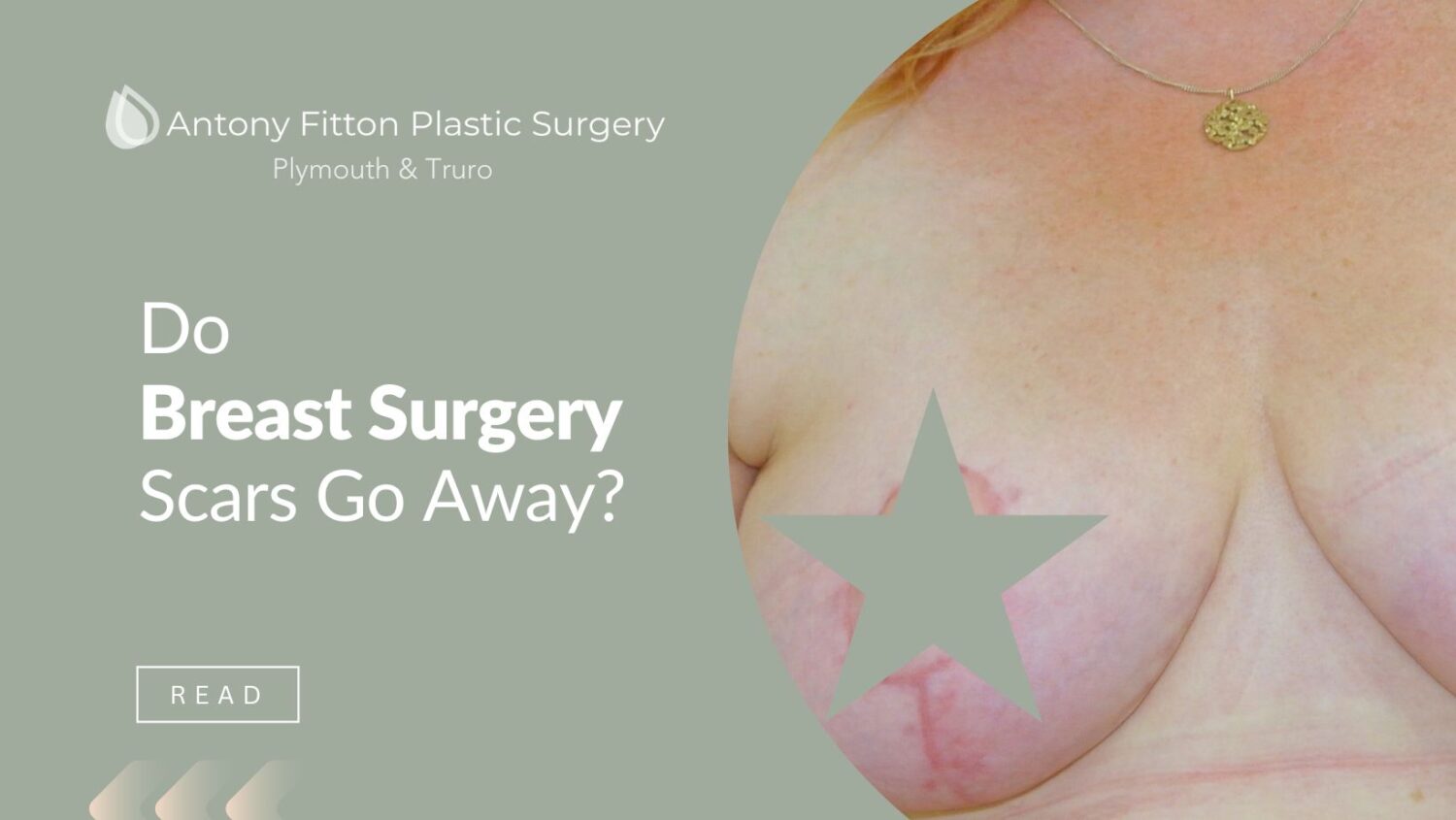
Do Breast Surgery Scars Go Away? Expert Advice from Antony Fitton
Find out how long breast surgery scars last and effective methods to help reduce their appearance wi
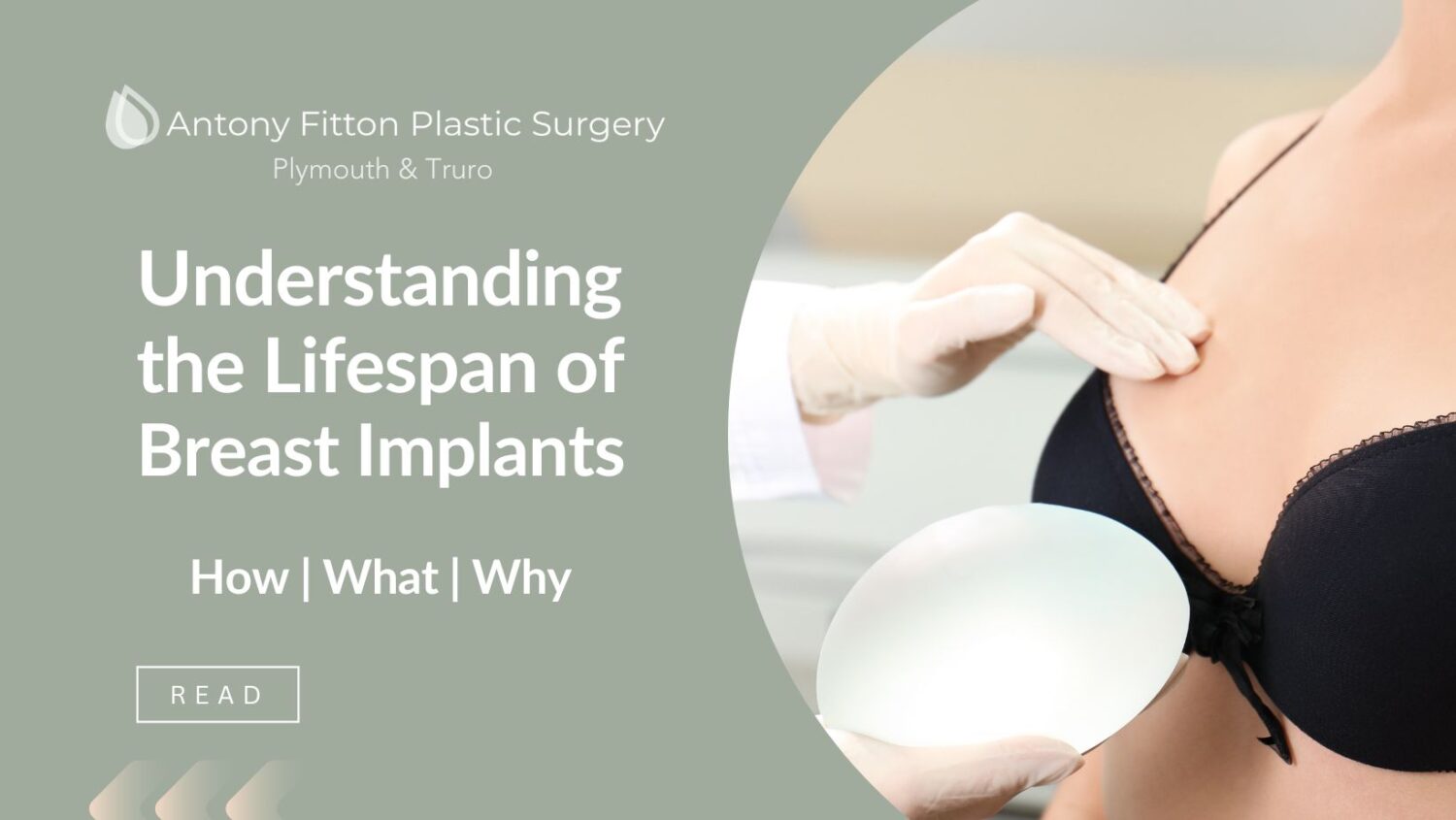
Understanding the Lifespan of Breast Implants: Expert Insights from Antony Fitton
Discover the Lifespan of Breast Implants and what factors impact their longevity with our expert ins



